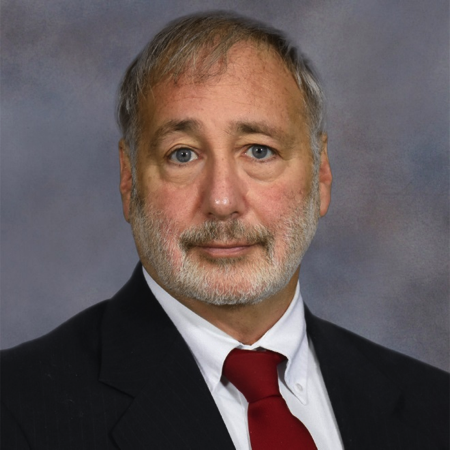
Hank Margolis
Terrestrial Ecology Program
Hank Margolis is the Program Manager for Terrestrial Ecology (TE) in the Earth Science Division of NASA’s Science Mission Directorate. He is Program Scientist for the GEDI mission to the International Space Station and the Deputy Program Scientist for the ICESat-2 and GeoCarb missions. He also serves as Program Scientist for the Earth Ventures Instruments 5 (EVI-5) solicitation and for the Oak Ridge Distributed Active Archive Center (ORNL DAAC) for Biogeochemical Dynamics.
Hank oversees the TE Program’s support of basic scientific research to explore how remote sensing can help us understand and predict the impacts of global change on the biogeochemistry and productivity of vegetation. The research crosses the range of spatial scales from leaf to globe and investigates the development of new remote sensing capabilities for ecology, analyses of remote sensing time series, calibration and validation activities, process studies, and modeling and data assimilation. Over the next decade, the TE Program will support the Arctic-Boreal Vulnerability Experiment (ABoVE) in Alaska and northwestern Canada. ABoVE will integrate ecological studies at local scales with airborne and satellite remote sensing to understand the impacts of a changing climate on ecosystem processes, ecosystem services, and the potential human response.
Hank received a B.Sc. in forest management from the University of Vermont, a Masters of Forestry from Yale University, and a PhD in ecophysiology from Oregon State University. He has received an honorary doctorate degree from the University of Lethbridge and an Outstanding Alumnus Award from Oregon State University. For several decades, Hank was a professor of forest ecophysiology at Laval University in Quebec City, Canada. He played a leadership role in NASA’s Boreal Ecosystem – Atmosphere Study (BOREAS) from 1992 to 1996. He also served as Program Leader and Scientific Director of the Fluxnet-Canada and Canadian Carbon Program research networks from 2002 to 2011.
